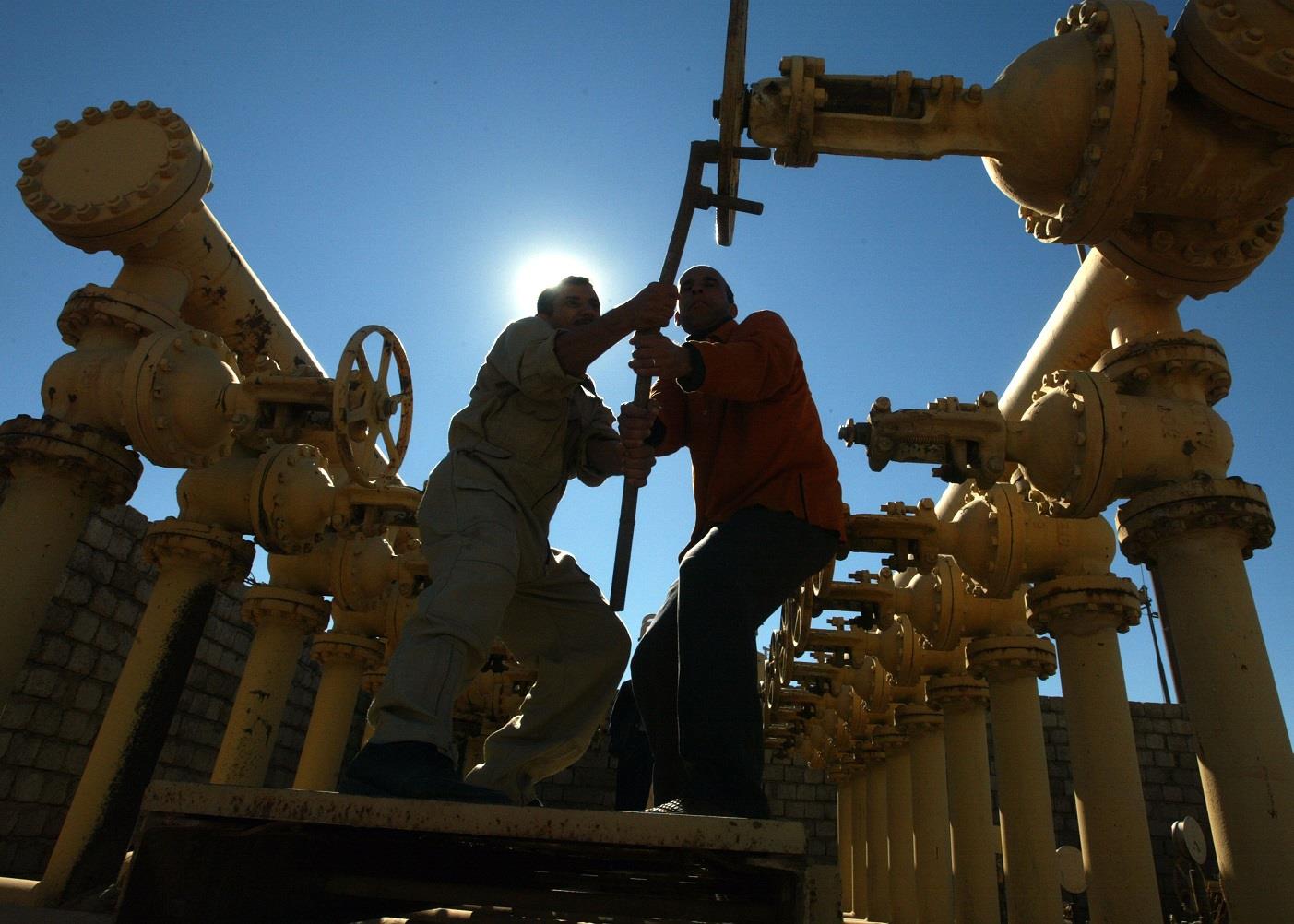
Libya, Algeria and Morocco are not well known for their mutual co-operation, but they appear to have found a common interest in developing their industrial bases.
Tripoli and Rabat this week signed a memorandum of understanding to combine Libya’s gas with Morocco’s massive phosphate reserves to create diammonium phosphate fertiliser.
The venture allows the countries to pool their natural resources to create a product that is much in demand around the world. Morocco is keen to make more of its phosphates by processing them at home rather than simply exporting them. Libya is desperate to develop an industrial base after two decades of sanctions.
Algeria too is getting in on the act. After signing deals worth more than $4bn for two fertiliser complexes this year, Algiers has now signed an agreement with Spain’s Fertiberia to set up an ammonia plant at Arzew with state-owned energy company Sonatrach.
Algiers is flush with gas but, like Morocco, it does not just want to export raw materials to Europe. While profitable, such export deals do not create the jobs that are so badly needed.
The Maghreb countries should be applauded for making downstream development a priority. But they need to avoid the situation the Gulf countries are in, with too many industrial users chasing a limited supply of gas.
Their new-found willingness to co-operate is a promising sign that they are taking the need for careful planning seriously.
You might also like...

Oman secures 1.5GW contract renewals
08 May 2024

Oman extends 1GW wind prequalification
08 May 2024
A MEED Subscription...
Subscribe or upgrade your current MEED.com package to support your strategic planning with the MENA region’s best source of business information. Proceed to our online shop below to find out more about the features in each package.










